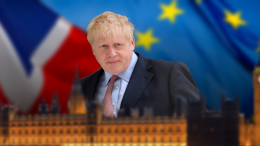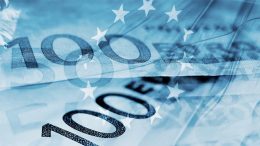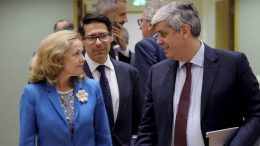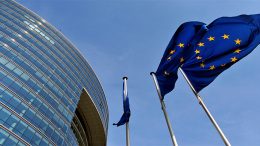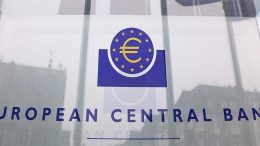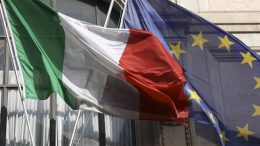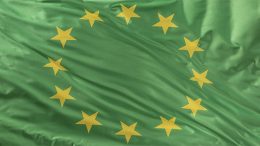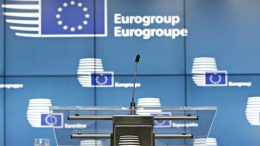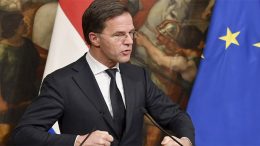A Coalition Of Small Countries And “Nordic Frugals” Gives Eurogroup Presidency To Paschal Donohoe
Ireland’s Paschal Donohoe has been elected as the new Eurogroup President, replacing Portugal’s Mario Centeno. He beat out Spanish minister Nadia Calviño, who had the favourable support of the countries accounting for 80% of the Eurozone’s GDP, including Germany, France and Italy.


